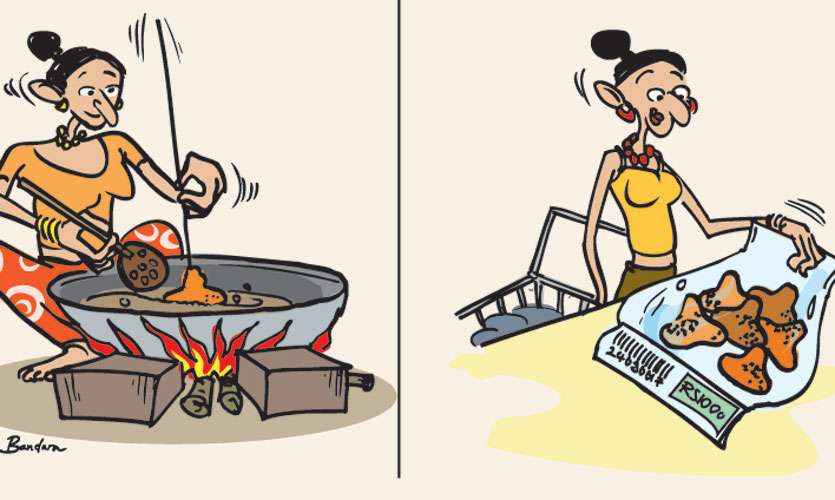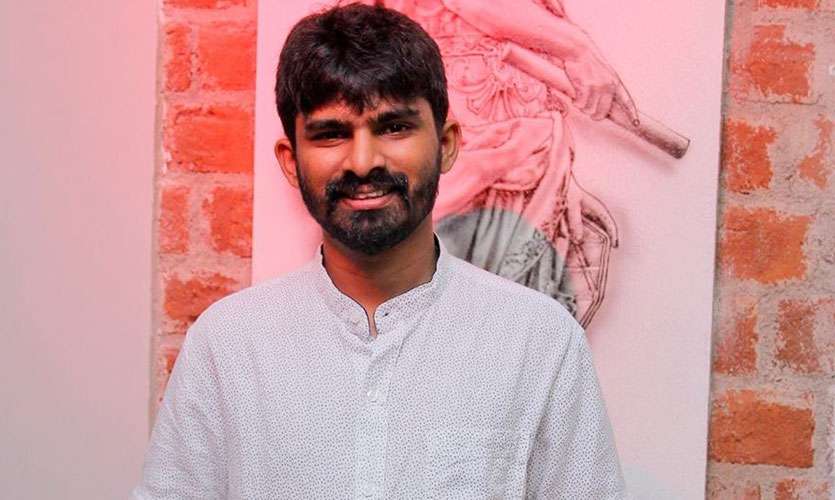Apr 17 2018.
views 819It is that time of the year where everybody gets together to celebrate the dawn of the New Year. Or that was how it all started.
But today with modernisation and busy schedules interfering with traditions and customs, the Sinhala and Hindu New Year is slowly turning into another trendy celebration. Today everything is as easy as going to the supermarket and buying all sweetmeats whereas back in the day every household used to cook these meals.
We spoke to individuals from three generations to find out how this significant celebration has changed from then to now and here’s what they had to say ;
Sriyani - “Back in the day, it was an entire celebration. From the end of March onwards, we start preparing for Avurudu because everything from the household to the garden has to be given a new outlook. We would dress in new clothes and visit our neighbours with our hands full of sweets and other items. We would play with each other and spend a good time. Preparing meals were also fun. We would help our mothers and occasionally eat one or two sweets without them knowing. Village life is always fun. Not like in the city where everybody is busy with their own work. We abided by our traditions and customs because they are mandatory for a society to go the right way. But today these traditions are slowly fading away.”

Harshini - “Those days everyone in the family, young and old alike gave a helping hand for Avurudu celebrations. But have things changed now? To begin with, there were no supermarkets then! Today, Avurudu sweets are readily available in supermarkets or in pastry shops and some take the easy way out without dirtying their hands with oil and flour. Back in the all sweets were made at home. Women used to sit on coconut scrapers around a huge basin and scrape coconuts but nowadays scraped coconuts are available in shops. They also didn't mop the floor with wet mops like nowadays; instead, they would wet a piece of cloth and clean the floor. When they are getting ready to cook the Avurudu kevili, they would trek to the town to buy gifts, stitch new clothes, pick new pots and pans and all of these were the mothers’ responsibilities. Unlike today, she had support staff particularly to help her in the kitchen.
Back in the day, the Mother has to stitch traditional Cheeththa Redda and a jacket for females while a Simple banian and sarong was the males’ attire. But today we see Western attire rather than the traditional clothes. In the ancient times 'ganu denu' or financial transaction was done differently where the woman of the house would drop a new coin wrapped in clean cloth into the well and draw a bucket of water. But nowadays money transactions are done in banks. In most instances, the kiribath was cooked on a firewood burner (poranuwa) but today most people use the gas cooker.
Various traditional games were played to strengthen the relationships between families and friends together but today we don’t see them happening in the city. But today the younger generation likes to play video games or they are on Facebook. After meals, children show respect to their elders by offering betel leaves but today they would just give a hug or simply sent a text message.”

Diyath - “It’s a festival where the entire family gets together as one single unit. This unity brought out who we are and in turn helped us heal as a society and as a nation. The tradition of sending a plate full of Kawum, Kokis, Kiribath to every single house in the neighbourhood enhanced relationships among the neighbors and further strengthened them. It also resolved conflicts between anyone within that community. Therefore, let us preserve what is ours and move forward as a stronger nation.”

0 Comments